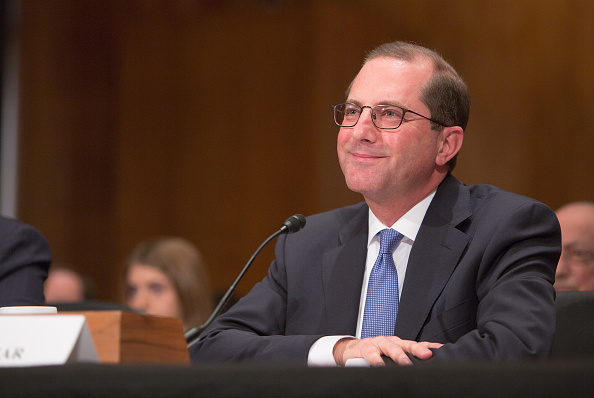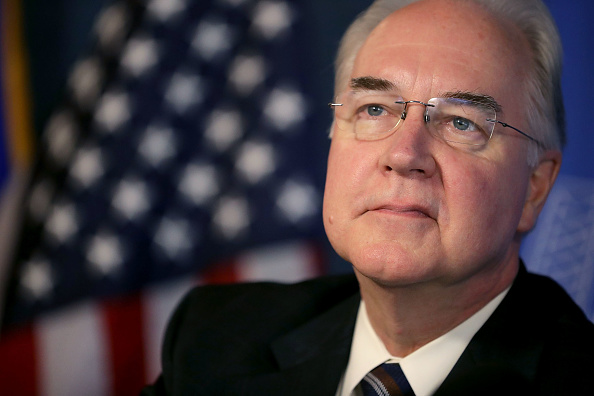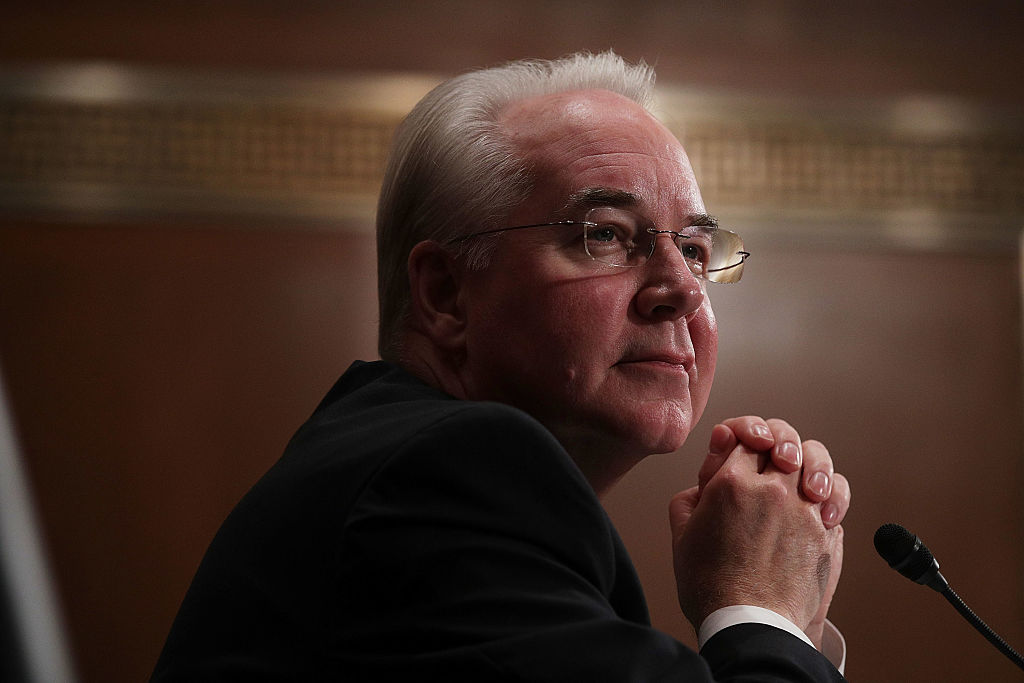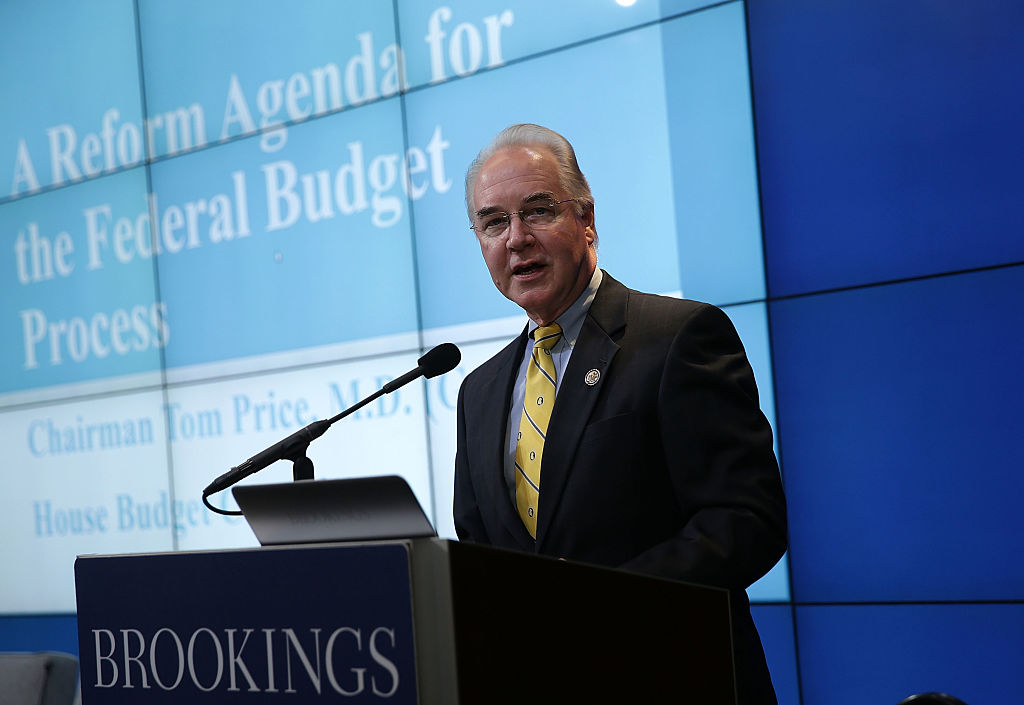
Is the Trump administration undermining value-based care?
Despite the Trump administration's moves that appear to undermine value-based care, a closer look shows the reality is a bit more complicated.

Despite the Trump administration's moves that appear to undermine value-based care, a closer look shows the reality is a bit more complicated.

In a 55-43 vote, the Senate has confirmed Alex Azar as the new secretary of the Department of Health and Human Services. President Donald Trump nominated Azar in November following the resignation of Tom Price.

Alan Murray on improving access for medical transportation.

Health and Human Services Secretary Tom Price has resigned his post in the wake of the scandal over his use of private jets and government planes at taxpayer expense.

Posted late last week, the proposed rule would eliminate certain mandatory bundled payment programs, including those for heart attacks and joint replacements.

President Donald Trump has officially called the opioid epidemic a national emergency. The announcement comes just days after HHS Secretary Tom Price downplayed the need to do so.

In appearances on Capitol Hill Price cited Medicaid, the federal-state insurance program for low-income people, as an example of where rising costs require reforms.

"We need our physicians to be patient facing, not computer facing," he said in a keynote speech delivered at the Health Datapalooza conference. "We simply have to do a better job of reducing the burden on healthcare providers."

HHS Secretary Tom Price is no fan of mandatory bundled payments, and not surprisingly, CMS is now delaying multiple bundled payment initiatives.

"He will first and foremost look at how public policy will affect the practice of medicine," said Julius W. Hobson, a former American Medical Association lobbyist who has known Price since 1994.

Craig Holman, government affairs lobbyist with Public Citizen, described Price’s volume of stock trades during the SEC inquiry as “brazen,” given the congressman’s access to nonpublic information affecting the companies’ fortunes.

Senate Finance Committee Chairman Sen. Orrin Hatch (R-Utah) suspended rules requiring a quorum for a vote, allowing Price to advance to the full Senate.

The Senate Democrats have been asking for more time to look into questions that he may have misled the public about issues in his financial background.

An interview with conservative health care expert Lanhee Chen, co-author of the influential American Enterprise Institute proposal to replace the Affordable Care Act.

Senate Finance Committee ranking member Ron Wyden (D-Oregon) was rather relentless in questioning Price.

As Tom Price's Senate confirmation hearing for the role of Secretary of Health and Human Services nears, letters from the Centers for Medicare and Medicaid Services obtained by an open records request show his work in support of drug firms, device manufacturers, and higher physician payments.